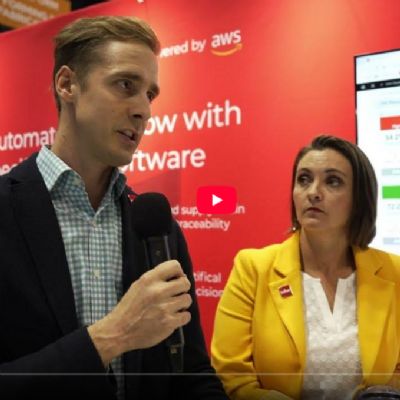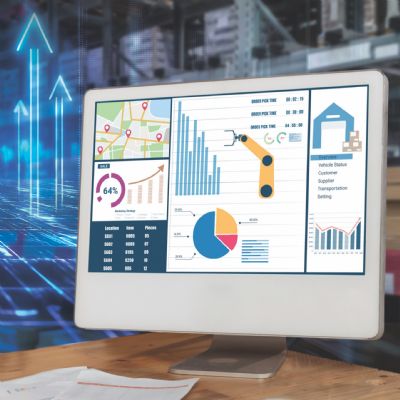• The NLRB’s dramatic shortening of the union-election process from the median timeframe of 38 days to as little as 10 to 21 days after a union-election petition has been filed;
• The Occupational Safety and Health Administration (OSHA) injury reporting requirements; and
• The Environmental Protection Agency’s (EPA) unprecedented number of proposed regulations that would substantially raise compliance and energy costs for manufacturers.
It’s equally important to keep an eye on Congress. For example, the Joint Select Committee on Deficit Reduction (“Super Committee”) resulting from the July 2011 debt agreement deal between the Obama Administration and Congress consists of six Senators and six Representatives split evenly among the parties. This committee, which some are calling the “Divine Dozen,” has full authority to look at government spending and revenue (meaning taxes, user fees and other federal government collections) and may now have control over the tax rates, deductions and credits that impact all manufacturers.
While it may seem like Washington doesn’t listen, those who have participated in advocacy and strategic communications work tell a different story. The fact is that companies wanting to influence the regulatory and legislative process do have options at their disposal. Proactive education and advocacy campaigns can indeed be successful in delaying, preventing or modifying government actions.
For example, in September 2011, due in large part to a well-organized industry advocacy campaign, the Obama Administration announced the delay of the EPA’s greenhouse gas regulations and the indefinite suspension of the ozone rule. The Administration did not implement this delay because it suddenly realized that the expensive new regulations would further damage the manufacturing sector and prevent job creation. Rather, the Administration acted because manufacturers came together to vocally oppose these regulations, educate Members of Congress and policymakers, and generate grassroots support.
The delay of these EPA regulations shows the importance of educating policymakers and Members of Congress on the real-world impact that these types of regulations have on manufacturers.
But there’s more work to be done to ensure that manufacturing continues to have a voice in Washington.
Congressional staff work on literally hundreds of issues each session and rely on representatives from the business community, non-governmental organizations and academia to provide them with information. If the manufacturing community does not engage their elected representatives, they leave the playing field open to others who may not share their interests.
One of the most effective s that manufacturers can influence policymaking in Washington is through their Congressional representatives. A Member of Congress likely will think twice before voting for legislation that may cause economic harm to businesses in his or her district. This is a phenomenon in Washington that truly transcends partisanship; all Members of Congress will move mountains to protect a vulnerable employer in their district. However, Members of Congress will only learn about the impact of legislation on their constituents if they hear about it from their constituents.
With the assistance of your trade association, you can engage your elected representative in a variety of s. You can invite them to visit one of your manufacturing facilities or organize a meeting with them in their offices in Washington or in your state. This should be done before a problem arises, as these activities can go a long toward building a valuable connection that could be vital if you need legislative support down the road. Your senator or representative can also often help elevate your issues with federal agency officials by contacting those agencies.
While every manufacturer across the nation has different priorities and goals, no manufacturer is immune to the regulations, legislation and rules being debated in Washington at this very moment.Manufacturers can make a difference in Washington, but only if they participate in the process. Contact your trade association to review your priorities, reach out to your elected representatives and get a seat at the table—instead of on the menu. MF
Technologies: Management
 Paul Nathanson, of the Policy Resolution Group at Bracewell & Giuliani LLP, and Omar Nashashibi, of The Franklin Partnership, are members of the One Voice Advocacy team. One Voice represents the interests of the Precision Metalforming Association and the National Tooling and Machining Association in Washington, DC.
Paul Nathanson, of the Policy Resolution Group at Bracewell & Giuliani LLP, and Omar Nashashibi, of The Franklin Partnership, are members of the One Voice Advocacy team. One Voice represents the interests of the Precision Metalforming Association and the National Tooling and Machining Association in Washington, DC. 






 Video
Video
